
Blog
How to Get Your Dream Home Built in Just 6 Months! 🏠⏰ | RumahHQ
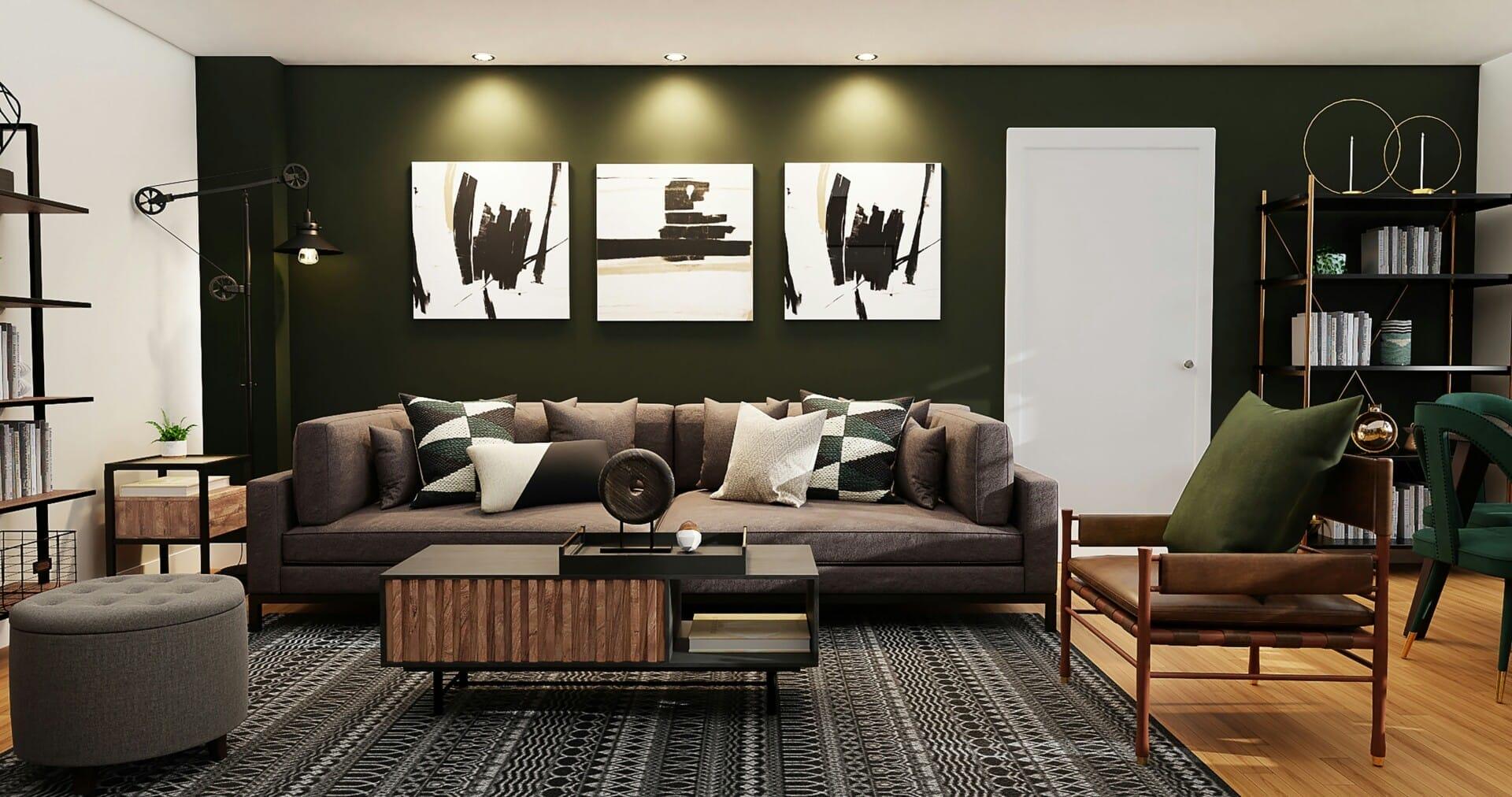
Are you daydreaming about the perfect home – the one that matches your vibes and style, designed just for you? But wait, are you thinking it’ll take forever to build? Well, guess what? It doesn’t have to! Imagine moving into your dream home in just six short months. Sounds too good to be true? It’s not! In Malaysia, there’s a way to turn that dream into reality. With the right planning, a sprinkle of creativity, and a few handy tips up your sleeve, you can fast-track the process without sacrificing quality or style. Let’s dive into the steps you need to take to get your ideal home built in a time frame that’s faster than you might think! 🏡✨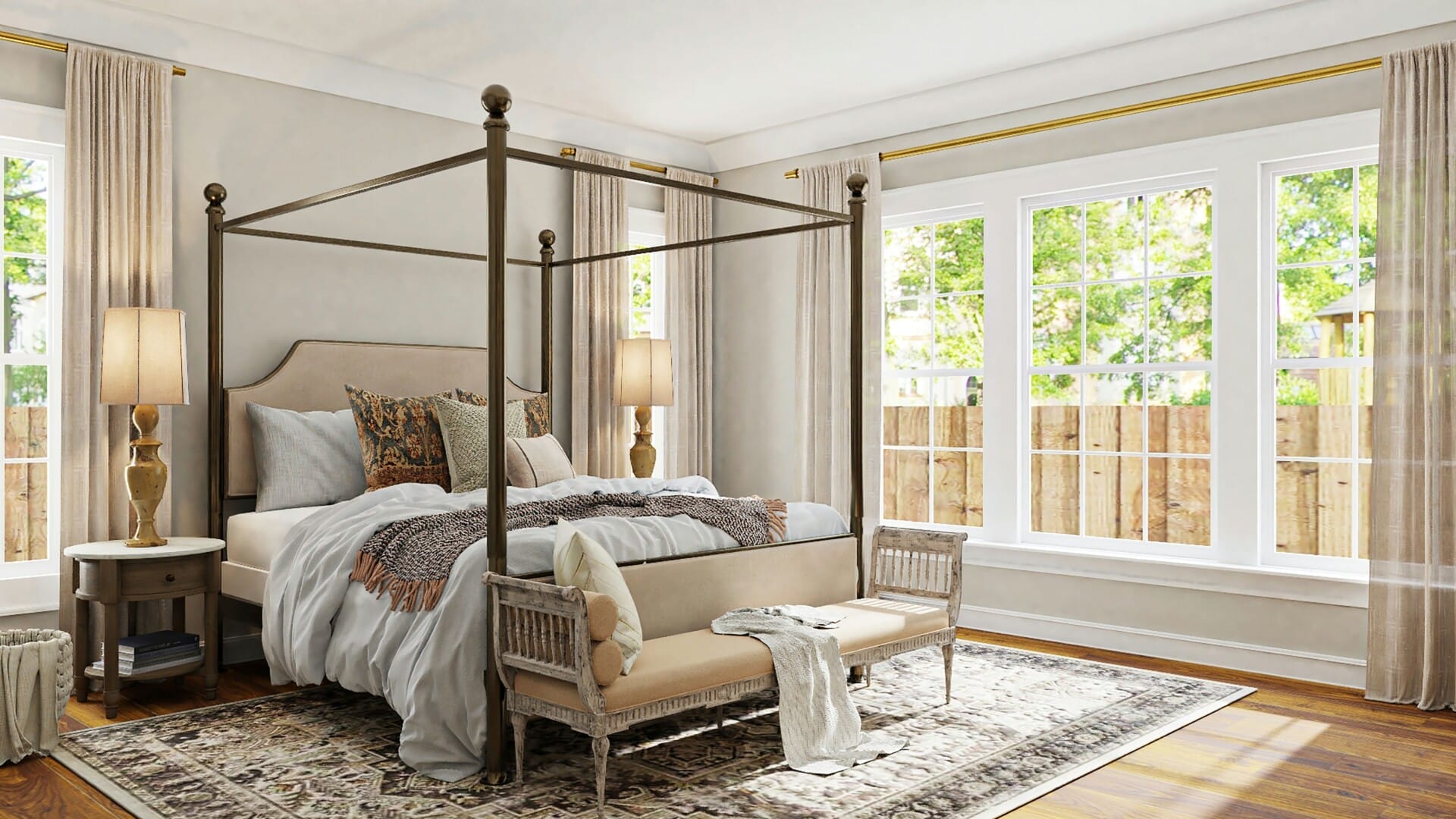
Understanding Your Vision and Setting Realistic Goals
Before diving headfirst into your home-building journey, take a pause and reflect on your vision. What does your dream home truly look like? Think about the essential features that resonate with you and your lifestyle. This is the perfect time to explore ideas—whether it’s a cozy reading nook, an open-concept kitchen, or a garden that brings nature to your doorstep. Create a mood board or a digital collage of images that inspire you; visuals can help clarify your vision. Remember, this isn’t just about aesthetics; it’s about how your home will function for you and your family.
Once you’ve painted a vivid picture of your dream abode, it’s vital to ground that vision with achievable goals. Setting realistic targets is key to turning your dreams into reality, and this starts with budgeting. Analyze your finances to determine a comfortable range for your expenses. Consider the following categories when mapping out your budget:
| Category | Estimated Cost |
|---|---|
| Land Acquisition | RM 200,000 |
| Construction Materials | RM 100,000 |
| Labor Costs | RM 80,000 |
| Miscellaneous | RM 20,000 |
Next, break down your larger goals into smaller, manageable tasks. This can include obtaining necessary permits, hiring contractors, or selecting materials. Create a timeline, with deadlines for each task; this way, you can keep track of your progress. For example:
- Week 1-2: Finalize design and budget.
- Week 3: Secure permits.
- Week 4: Select contractors.
- Week 5-6: Purchase materials.
With this organized approach, you not only ensure that your home is built on time but also align your vision with reality, making the journey just as fulfilling as the destination.
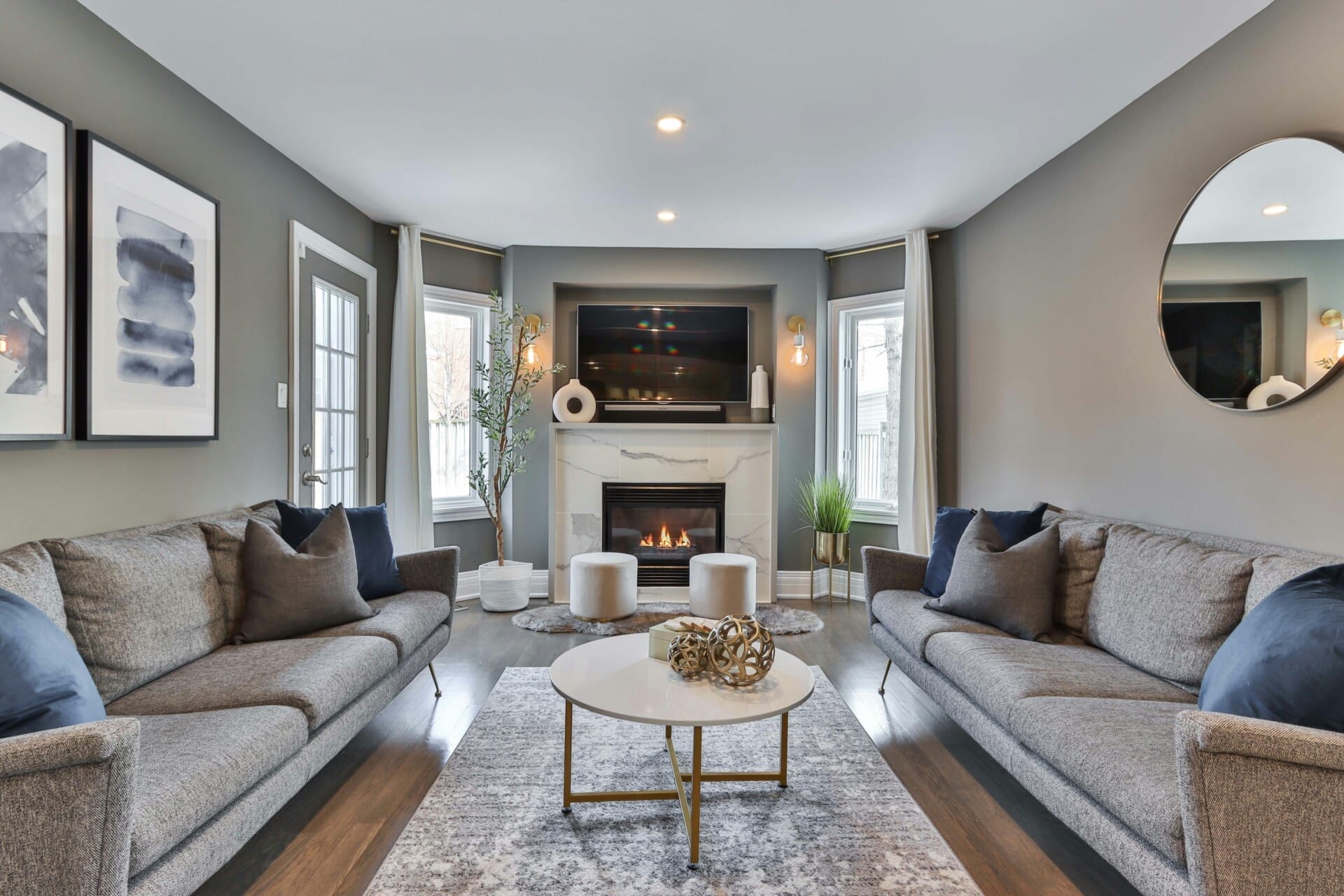
Finding the Right Location and Researching Neighborhoods
Choosing the right spot for your dream home is like finding the perfect puzzle piece. You want it to fit seamlessly into your lifestyle, preferences, and future plans. Here are a few things that can help guide your selection:
- Accessibility: Consider how close you are to major roads, public transport, and amenities like schools, hospitals, and shops.
- Safety: Look up the crime rates in the area. A peaceful neighborhood can make all the difference.
- Future Development: Check with local councils to understand any upcoming projects that could influence property values or living conditions.
Once you’ve narrowed down your potential locations, it’s time to dig deeper into the neighborhoods. You want to get a feel of the vibe! Here are some ways to do your neighborhood research:
- Visit the Area: Take some time to walk around. Visit local cafes or parks to see how residents interact.
- Talk to Locals: Engage with current residents. They can share firsthand experiences about the area’s pros and cons.
- Check Online Resources: Websites or forums dedicated to local issues can provide valuable insights.
it can be helpful to create a summary table comparing your top choices based on crucial factors. Here’s a quick example:
| Neighborhood | Safety Rating | Accessibility Score | Average House Price |
|---|---|---|---|
| Bangsar | 8/10 | 9/10 | RM 1,200,000 |
| Petaling Jaya | 7/10 | 8/10 | RM 900,000 |
| Subang Jaya | 6/10 | 7/10 | RM 750,000 |
With this data at hand, you’ll be better equipped to make an informed decision on where to build your dream home. Each neighborhood has its unique characteristics, so take your time, do your homework, and find the one that feels just right for you!
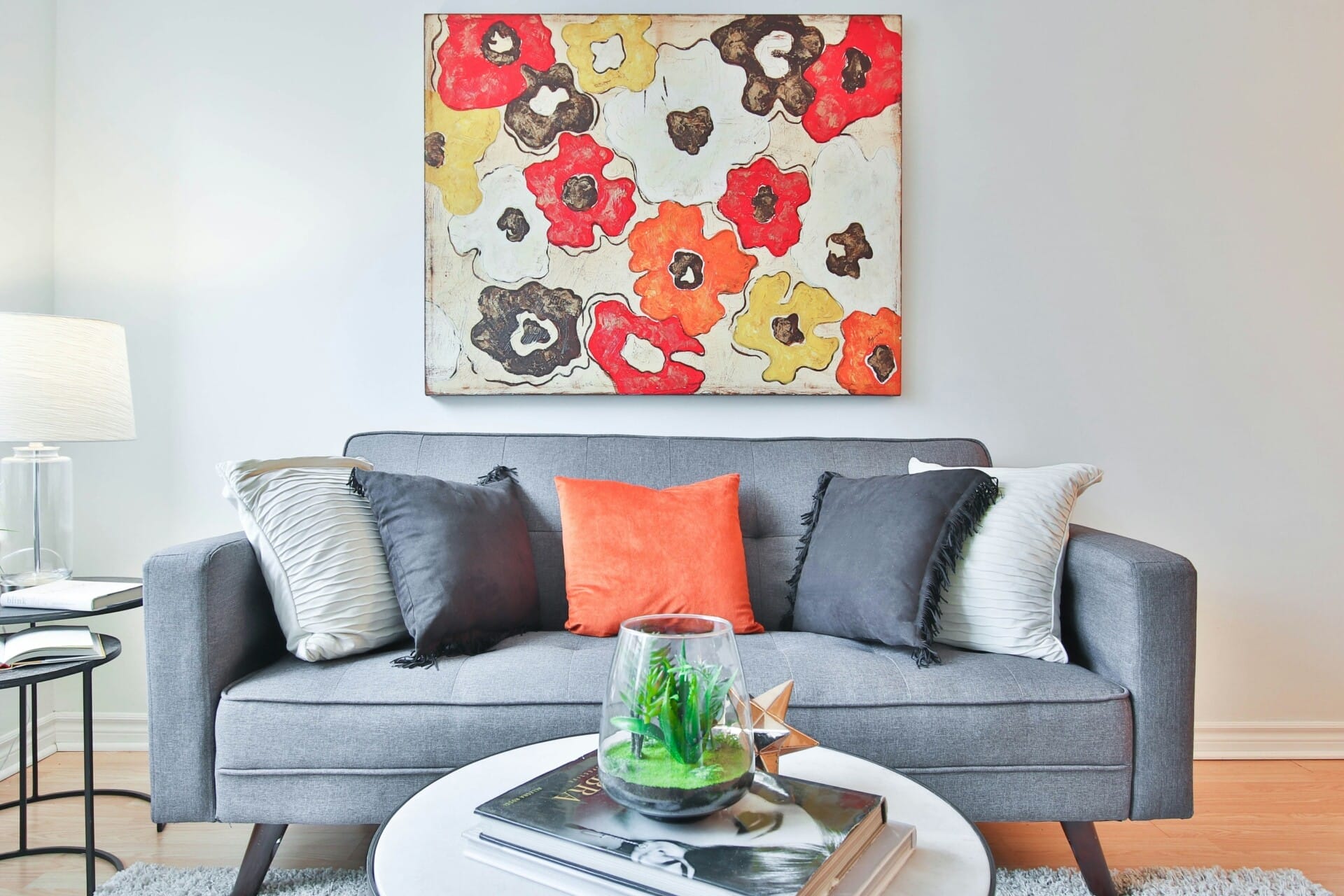
Creating a Comprehensive Budget: Planning for Every Expense
When it comes to building your dream home, having a solid budget is key. Start by jotting down all potential expenses you may encounter throughout the construction process. This can include everything from land costs, material expenses, and labor fees, to permits and even interior finishing. Remember, it’s always better to overestimate so you have a safety net for any surprises that might pop up.
To keep things organized, consider using a table to outline your planned expenses clearly. Here’s a simple example:
| Expense Type | Estimated Cost (RM) |
|---|---|
| Land Purchase | 100,000 |
| Building Materials | 150,000 |
| Labor Costs | 50,000 |
| Permits and Fees | 10,000 |
| Interior Design | 30,000 |
In addition to your primary costs, don’t forget to allocate funds for unexpected incidentals. These could range from higher-than-expected labor costs to material shortages. A good rule of thumb is to set aside 10-20% of your total budget for these types of surprises. By planning for every potential expense, you can keep your dream home journey smooth and possibly finish even ahead of schedule!
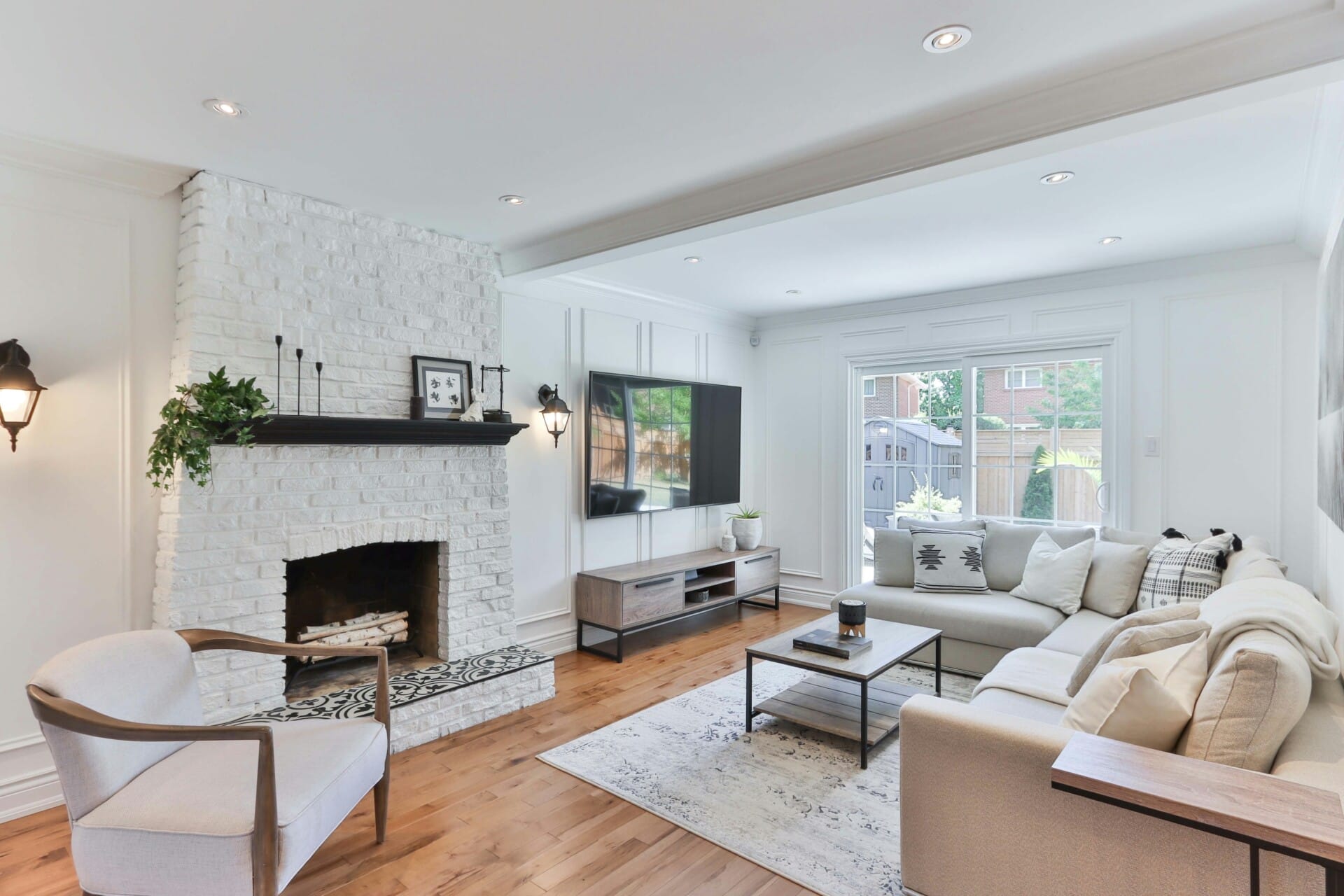
Choosing the Perfect Design and Layout for Your Lifestyle
When it comes to crafting your dream home, the design and layout are everything. Think about how you and your family live on a daily basis. Is your lifestyle bustling with kids and pets, or are you more of a serene retreat seeker? Tailoring your home design will ensure that every nook and cranny serves a purpose. Consider these essentials to refine your choices:
- Open Spaces: Ideal for family gatherings or entertaining friends.
- Functional Zones: Separate areas for work, relaxation, and play.
- Natural Light: Maximize windows or glass doors to bring the outdoors in.
Next up, focus on the flow of your space. A well-thought-out layout will help you navigate through your home seamlessly. It’s useful to visualize movement patterns for daily activities, such as walking from the kitchen to the dining room. You might also consider the following:
| Room | Layout Considerations | Purpose |
|---|---|---|
| Living Room | Open flow to dining area | Gathering & entertainment |
| Kitchen | Island for food prep | Cooking & casual dining |
| Home Office | Separated but accessible | Work & focus |
Lastly, don’t forget to let your personality shine through. Your home should reflect your unique style! Incorporate your favorite colors, art, and personal touches throughout your space. Curating a design that resonates with who you are will make your house feel like a true home. Here are some fun ideas to express your individuality:
- Feature Walls: Use wallpaper or paint to create a statement.
- Custom Furniture: Invest in pieces that are as special as you are.
- Art Display: Showcase local artworks or personal collections.
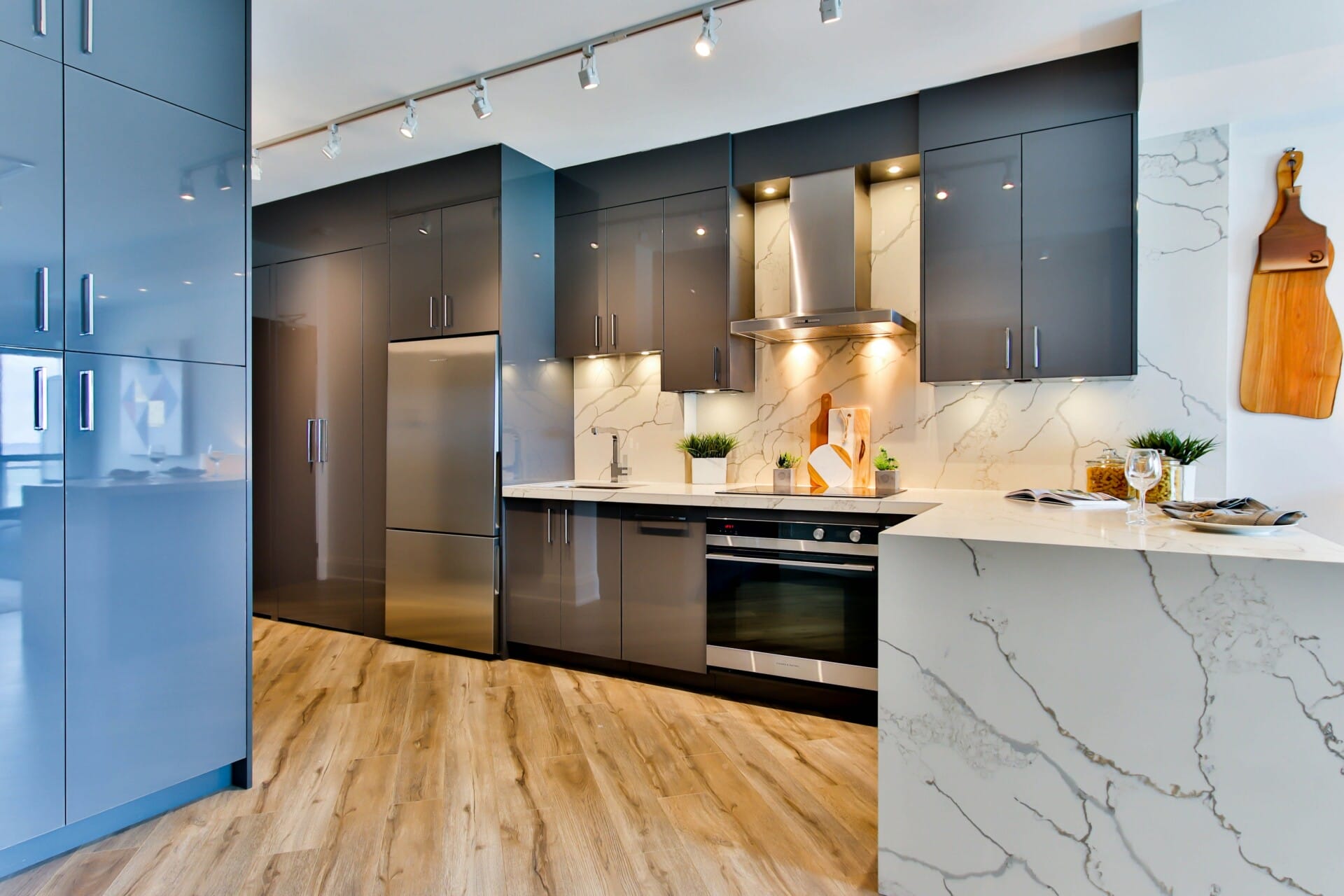
Selecting a Reliable Builder and Crafting a Solid Contract
Choosing the right builder is like picking a good partner for a dance; you need someone who understands your vision and can keep up with your rhythm. Start by researching local builders who have a solid reputation in your area. Word of mouth is powerful! Ask friends, family, or colleagues for recommendations, and don’t forget to check online reviews. Trustworthy builders will have a portfolio showcasing their previous projects, so you can gauge their style and quality of work. It’s crucial to have open lines of communication and feel comfortable discussing your dreams and expectations.
Once you’ve narrowed down your selection, it’s essential to have a solid contract that protects both parties involved. Your contract should include key points such as project timeline, payment schedule, materials used, and warranties. Being specific helps avoid misunderstandings later. Here’s a quick reference table to highlight the important sections to include in your contract:
| Contract Section | Description |
|---|---|
| Project Timeline | Exact start and completion dates. |
| Payment Schedule | Milestones for payments. |
| Materials | Specifications for quality and brand. |
| Warranties | Coverage for defects or issues post-completion. |
make sure to discuss and agree on any changes that might arise during construction. It’s normal for plans to evolve, but having a written and agreed-upon amendment process keeps everything transparent. Regular check-ins with your builder can help you stay on track and address any bumps along the way smoothly. Building your dream home should be an adventure, so choose wisely and create a contract that feels right for you!
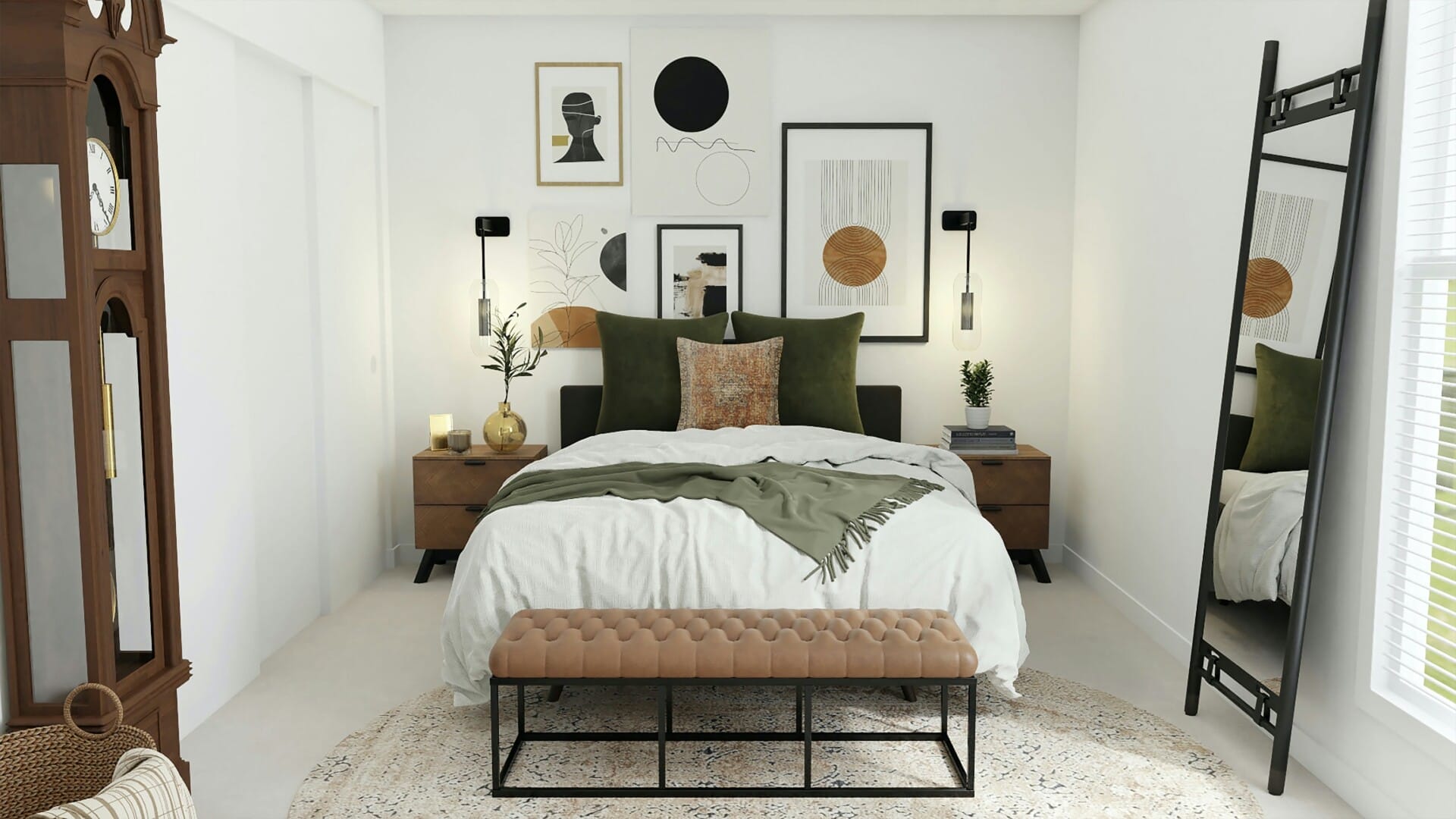
Navigating Permits and Regulations with Ease
When you’re dreaming of building your perfect home, navigating the maze of permits and regulations can feel like a daunting task. But it doesn’t have to be! Start by familiarizing yourself with the key permits you’ll need. Here’s a quick rundown:
- Building Permit: Essential for any construction work to ensure your dream home meets safety standards.
- Occupancy Permit: This confirms that your home is ready for you to move in.
- Environmental Clearance: Important if your land is near protected areas or waterways.
To streamline the process, consider working with a local architect or builder who knows the ropes. They can help you gather the necessary documents and liaise with local authorities, making sure that everything is in order. Always keep an eye on deadlines and organized records to avoid delays. Here’s a simple checklist to help you stay on track:
| Task | Due Date | Status |
|---|---|---|
| Submit Building Permit Application | Day 1 | Pending |
| Receive Building Permit Approval | Day 30 | Pending |
| Final Inspection for Occupancy | Day 180 | Pending |
Lastly, don’t hesitate to tap into your community for support and advice. Local forums or social media groups can be treasure troves of information, with fellow home builders ready to share their insights and experiences. The more informed you are, the smoother your journey will be toward turning that dream home into reality!
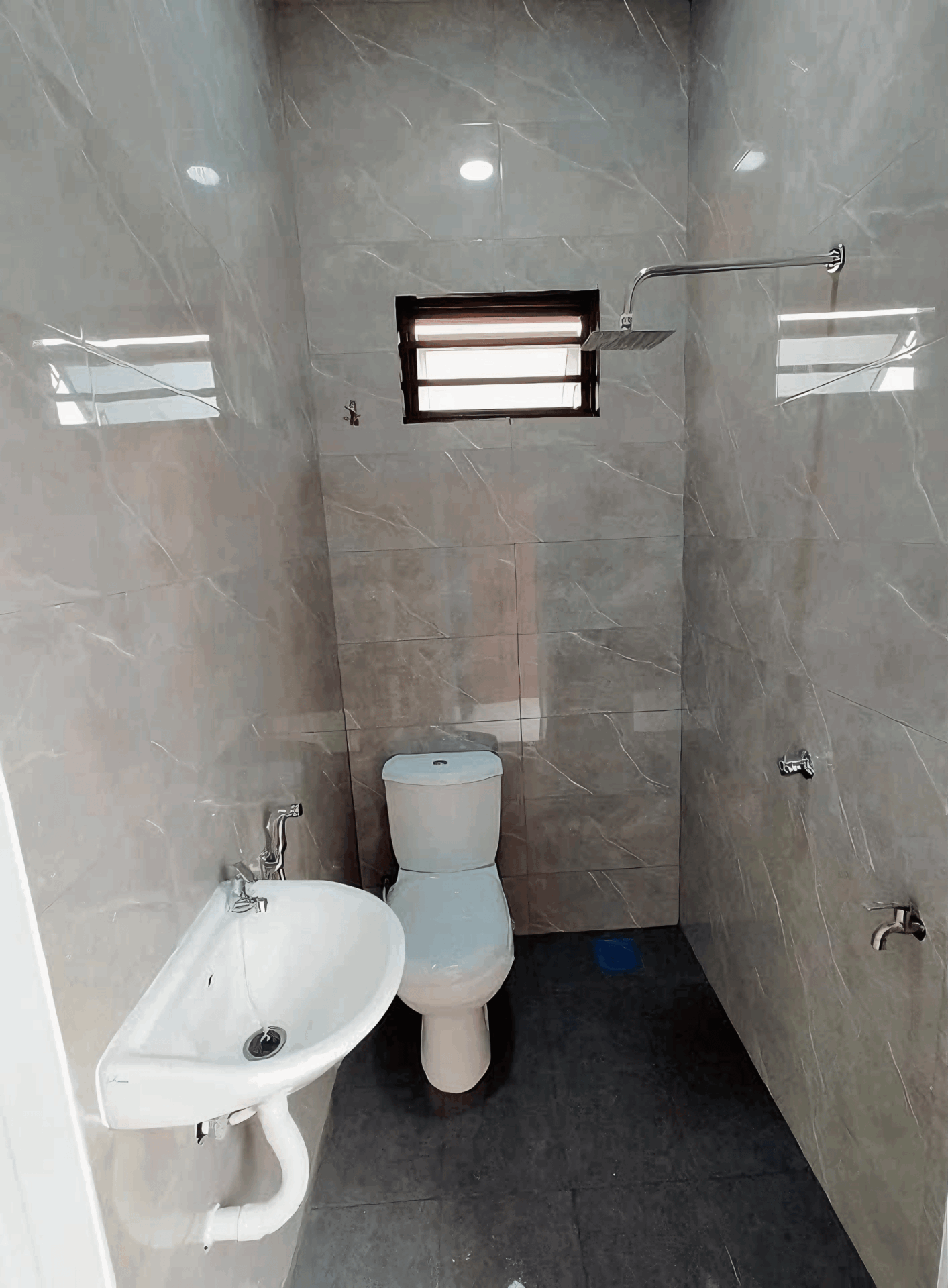
Staying Organized and Communicating Effectively Throughout the Process
When you’re embarking on the thrilling journey of building your dream home, staying organized and communicating effectively can make all the difference. A good starting point is to set up a centralized system for all your project documents and communication. You might want to consider using tools like Google Drive or Notion to keep everything in one accessible place. This way, whether it’s design plans, budgets, or contracts, you can easily share updates with your builder and stakeholders. Here are some essentials to include:
- Project Timeline: A visual representation of key milestones and deadlines.
- Budget Tracker: Keep a close eye on expenses to avoid any surprises later.
- Design Inspirations: A collection of images or notes that capture your vision for the home.
Next, keep lines of communication open and encourage proactive feedback. Regular check-ins through emails, chats, or video calls can clarify doubts and strengthen collaboration. It’s crucial to establish preferred methods of communication with your contractor and any other involved parties. Consider setting up a weekly update meeting to discuss progress and any potential changes that have arisen. A simple table can help clarify responsibilities:
| Team Member | Responsibility | Communication Method |
|---|---|---|
| Project Manager | Overall Coordination | Email & Weekly Meetings |
| Architect | Design Development | Phone & Instant Messaging |
| Builder | On-Site Management | Text Updates & Daily Briefings |
Lastly, don’t underestimate the power of documentation throughout the process. Make it a habit to record important decisions, changes, and conversations. A well-documented project not only helps manage the construction side effectively but also builds a valuable history for future reference. If anything ever goes awry, you’ll have everything neatly documented, making resolution easier as you work towards your goal of that beautifully built dream home!
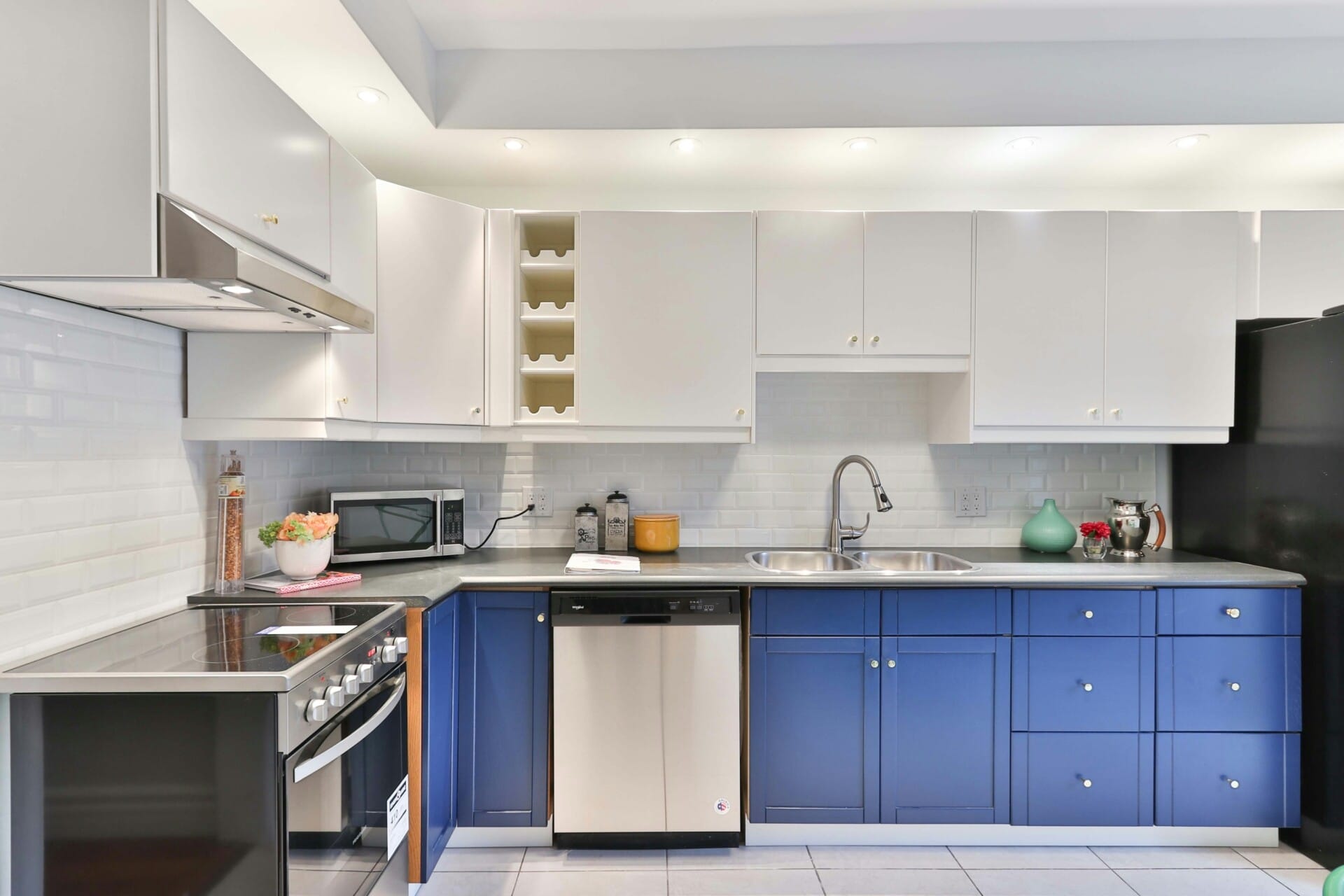
Celebrating the Final Touches and Preparing for Move-In Day
As the finishing touches come together, the excitement in the air is palpable! The final coat of paint is drying, and the last fixtures are being installed, turning your dream vision into a stunning reality. It’s the little things that make a big difference, like choosing the perfect lighting to set the mood or installing unique shelving that showcases your style. Remember, these details are what will transform a house into a home.
Now’s the time to dive into the moving logistics. Get ahead of the game by creating a checklist to make sure everything is in order. Here’s a little reminder list to get you started:
- Confirm Furniture Arrangements: Map out where everything will go.
- Utilities Check: Ensure all essential services are connected and functioning.
- Cleaning Day: Schedule a deep clean before your big move-in day.
- Quick DIY Projects: Complete any small fixes or installations.
| Task | Deadline |
|---|---|
| Final Inspection | 1 week before |
| Pack Essentials | 3 days before |
| Move Day | Moving day |
| Unpack & Organize | 1 week post-move |
In Retrospect
And there you have it! Building your dream home in just six months might seem like a tall order, but with some careful planning and a dash of determination, it’s totally doable. Whether you’re looking for that cozy corner in the heart of Kuala Lumpur or a serene getaway in Penang, the steps we’ve covered should help you navigate the journey smoother than ever.
Just remember to keep your budget and timelines in check, communicate openly with your builders, and most importantly, enjoy the process along the way. You’re not just building walls and a roof; you’re creating a space that reflects you and your loved ones.
So go ahead and take the plunge—your dream home is just a few months away. Happy building! 🛠️✨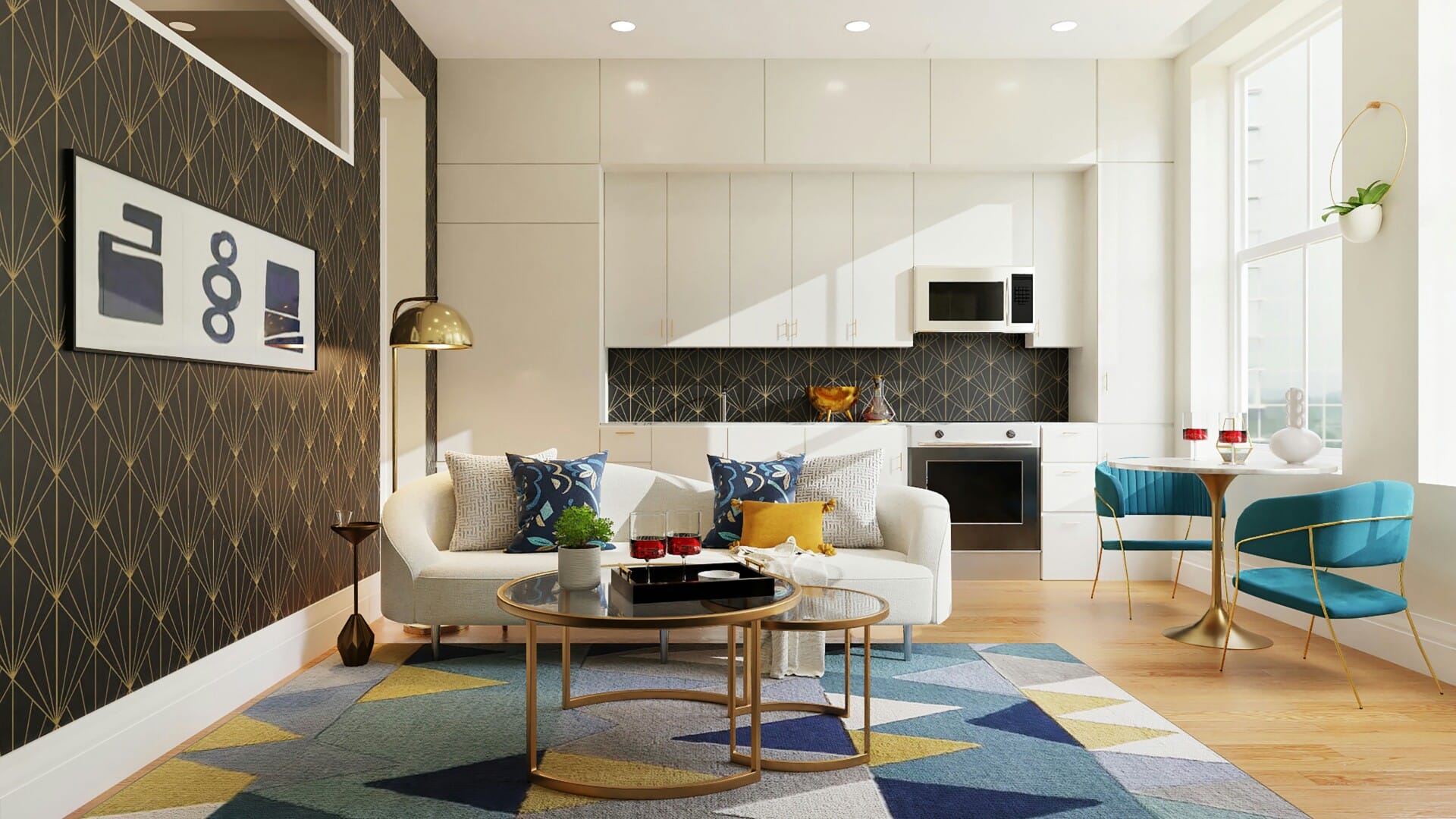
kontraktor rumah
bina rumah
pinjaman lppsa
pengeluaran kwsp
spesifikasi rumah
rumah batu-bata
pelan rumah
rekabentuk rumah
bina rumah atas tanah sendiri
kontraktor rumah selangor
rumah banglo
Source link











